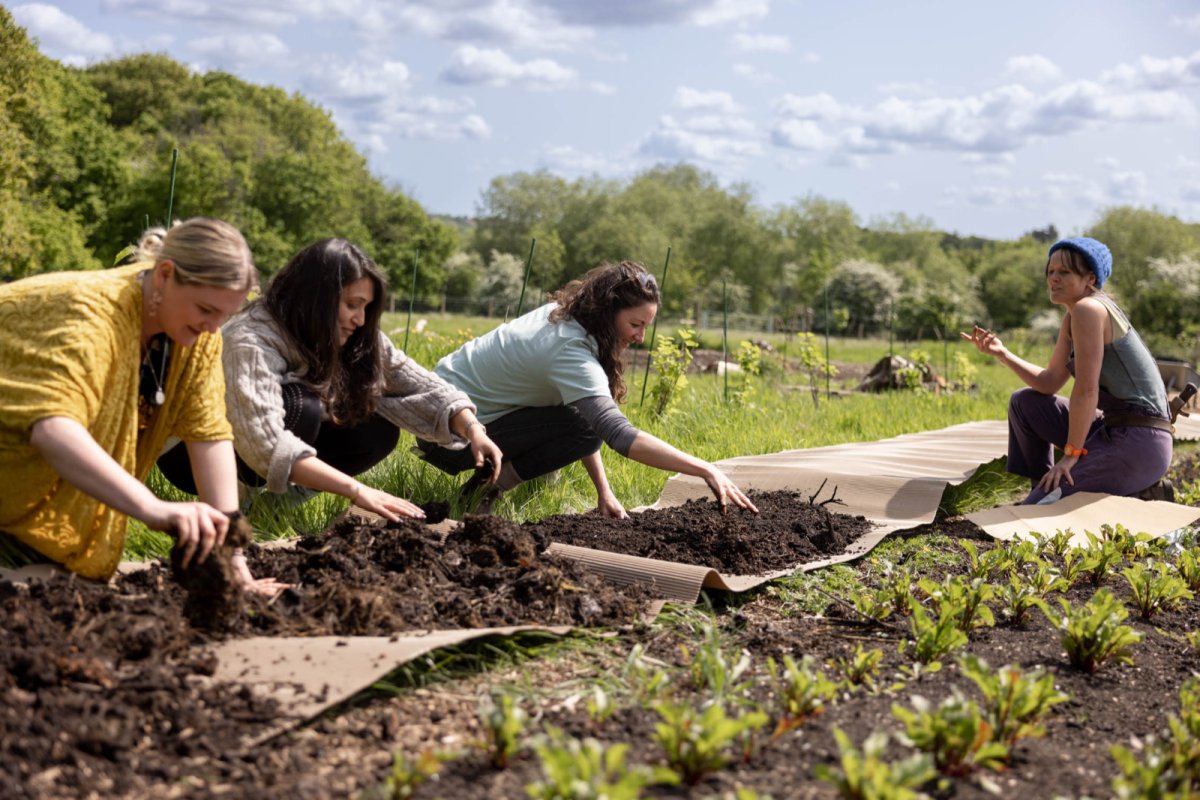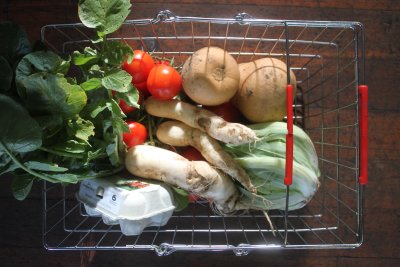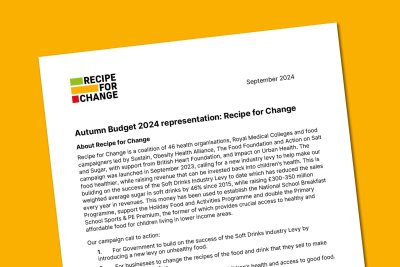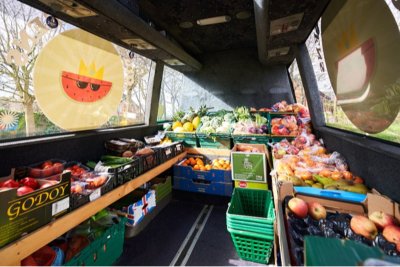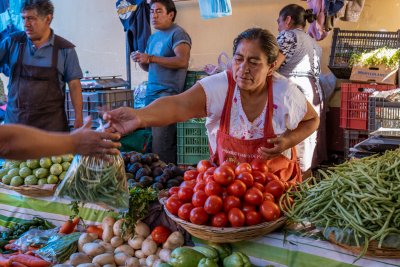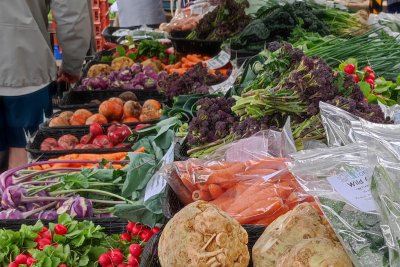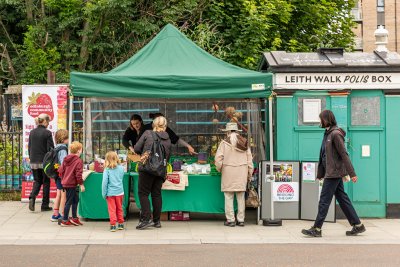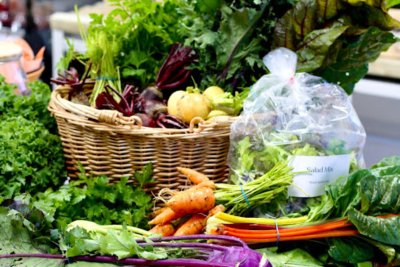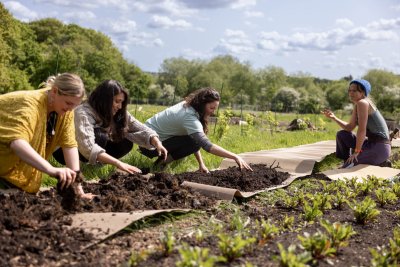 Local vegetable growers. Credit: Rachel Jones
Local vegetable growers. Credit: Rachel Jones
Scaling out local food systems: New research published
The local food sector is grappling with substantial challenges, according to a recent report, creating high barriers to market entry in a supermarket-dominated system. This include inadequate infrastructure for processing and retail, and fragmented sector coordination as major hurdles to growth in the 'critical' local food sector.
The report 'Growing the Local Food Sector: A Snapshot of Barriers and Solutions' shares findings from 44 interviews with local food sector practitioners, including growers, food processors, wholesalers, retailers, and public sector workers across the UK. The report outlines their insights on what should change to scale out local food systems.
Among the most significant challenges highlighted in the report are high barriers to market entry, where local food retailers find it difficult to compete with larger supermarkets. Interviewees reported that lack of support for workers, manifested in low pay, long hours, and burnout, stifles growth despite a high level of interest and passion in the sector. One participant in the study said:
"People need to be able to make a decent living out of it. We’ve definitely seen an increase in new entrants into market gardening since the pandemic but how long will that continue if there’s not a healthy living to be made out of it?”.
Further compounding these issues is the limited availability of local, sustainable produce due to numerous farm-level challenges, including limited access to land, lack of fair routes to market for producers and higher costs of producing with agroecological methods. Moreover, the high costs associated with local food and a gap in customer demand present additional hurdles, as does the insufficient marketing capacity to showcase the numerous benefits of local food. This hinders broader consumer engagement. One interviewee said:
"We need to show publicly the role of local food; economically, environmentally and socially - that it’s much more important than everybody assumes and that the sector touches upon every aspect of our lives."
Growing the Local Food Sector report download
Why scale the local food sector?
Local food can be a powerful force to revitalise town centres, strengthen local economies, and provide fresher, more nutritious, climate and nature-friendly food.
Sustain’s Local Food Retail Coordinator, Charlotte Gage said:
“Strengthening our communities depends significantly on local and sustainable food systems. These systems can generate local jobs, bring wealth back into the local economy, enable more people to access nutrient-dense food, support smaller-scale sustainable farmers, and bring greater connection to the food we eat, and to our communities.”
Next stop: the 'Local Food Growth Plan'
This report lays the groundwork for the Local Food Growth Plan, which aims to scale out the local food sector across the UK. Next, the local food plan partner organisations will explore solutions to scale local food systems through speaking with industry experts, and food sector-change makers. The growth plan will present a co-created action plan to influence policy, attract investment, and inspire impactful actions towards a healthier, more resilient local food system in the UK.
Want to be part of the next steps?
Sign up to the newsletter to stay updated on the movement and visit the Local Food Plan website.
The Local Food Growth Plan is a partnership between Sustain, the Landworkers Alliance, Pasture for Life, Food, Farming and Countryside Commission, and Sustainable Food Trust. It is generously funded by the Rothschild Foundation.
Local Food Plan: Reviving local food for our communities, economies and nature
Sustain
The Green House
244-254 Cambridge Heath Road
London E2 9DA
020 3559 6777
sustain@sustainweb.org
Sustain advocates food and agriculture policies and practices that enhance the health and welfare of people and animals, improve the working and living environment, promote equity and enrich society and culture.
© Sustain 2024
Registered charity (no. 1018643)
Data privacy & cookies
Icons by Icons8
